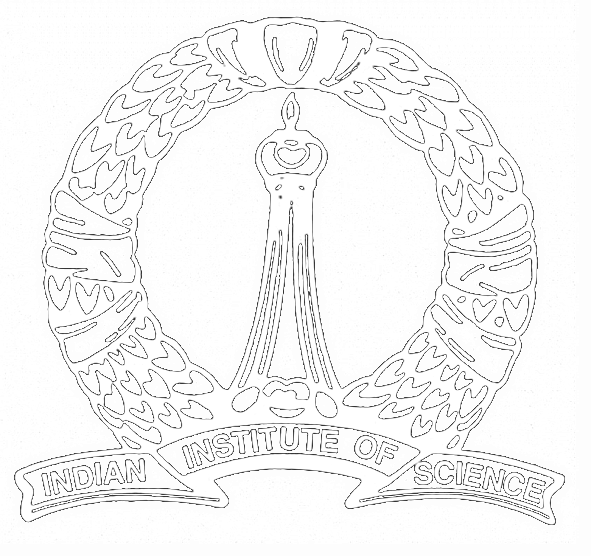Algebra & Combinatorics Seminar
Title: Two footnotes to Galois's Memoirs
Speaker: Chandan Dalawat (Harish-Chandra Research Institute, Allahabad)
Date: 06 September 2019
Time: 3 pm
Venue: LH-1, Mathematics Department
We will review the history of solvability of polynomial equations by radicals, concentrating on the two Memoirs of Evariste Galois. We will show how the first Memoir allows us to determine all equations of prime degree which are solvable by radicals, and the second Memoir similarly leads to the determination of all primitive equations which are solvable by radicals. A finite separable extension $L$ of a field $K$ is called primitive if there are no intermediate extensions, and solvable if the Galois group of its Galois closure is a solvable group. Galois himself proved in his Second Memoir that if $L$ is both primitive and solvable over $K$, then the degree $[L:K]$ has to be the power of a prime. We parametrise the set of all primitive solvable extensions in terms of other more computable things attached to $K$. Thus, when $K$ is a local field with finite residue field of characteristic $p$, we can explicitly write down all primitive extensions! This involves the determination of all irreducible $\mathbb{F}_p$-representations of the absolute Galois group of $K$.
- All seminars.
- Seminars for 2019
